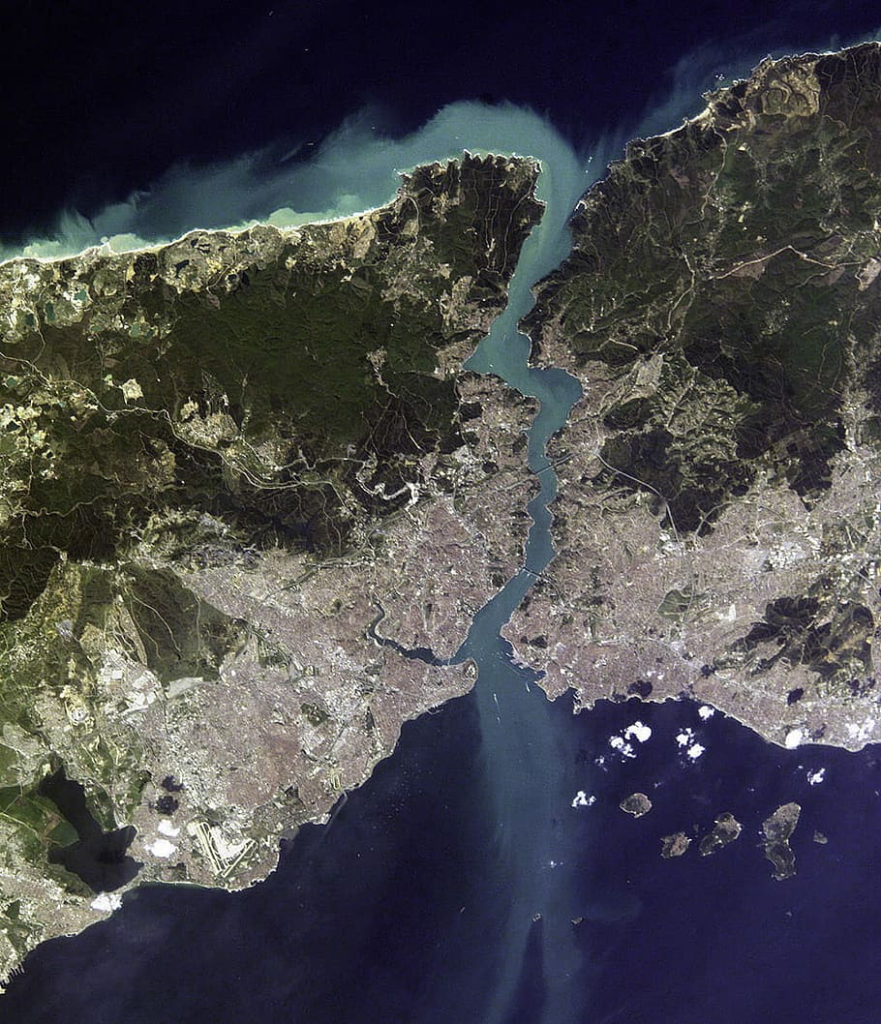26.07.23
Turkey Could Open Golden Visa Program With Path to Citizenship by End of Year

Editor:
Hakan Bucak
Turkey’s real estate sector has witnessed significant growth in recent years, attracting foreign investors seeking citizenship through the Turkish Citizenship by Investment Program (CIP). Now that national elections have concluded, the government is considering a residence-by-investment program to complement the CIP.
Background
Turkey first entered the citizenship-by-investment market in 2016, initially setting the investment threshold at $1 million. However, in early 2018, taking into account the global competitive environment, Turkey reduced the minimum investment requirement to $250,000.

Since 2018, Turkey has actively promoted its citizenship program worldwide. Previously, the country mainly attracted property buyers from neighboring countries based on location and cultural appeal. However, after 2018, Turkey successfully expanded its real estate sales to citizens from over 130 different countries, largely due to the CIP. The program has raised awareness of the country as an attractive destination for both living and investment.
The reasons for Turkey’s appeal are numerous: The country’s strategic geopolitical position, its young and dynamic population, its advancements in technology and industry, and its increased presence in international diplomacy all contribute to the country’s potential as an important destination for foreign investors. Apart from these, Turkey’s taking important steps regarding the right to travel visa-free in European countries has been one of the issues that attracted foreign investors.
While no precise data on how many people have obtained Turkish citizenship by investment is available, the opening of the CIP and its subsequent price cut clearly had a marked impact on the number of new citizenships issued to foreigners. Since 2016, more than 416,000 foreigners have obtained Turkish citizenship.
Conservatively estimated, at least half of these cases pertain to CIP investors and their family members. Presuming an average family size of 3.5 individuals, the number of approved main applicants approved since the program's opening is around 60,000, though it could be a great deal more.
The Post-Pandemic Real Estate Boom

Following the pandemic, Turkey experienced a surge in real estate investment. The government's economic policies significantly emphasized real estate, making it an attractive investment vehicle. Property prices skyrocketed, with annual appreciation exceeding 100% in Turkish Liras. The real estate sector witnessed intense demand from both local and global markets due to limited supply and high demand, resulting in profitable opportunities for investors.
Official estimates indicate Turkey needs about 800,000 new dwellings a year to keep up with demand. For the last five years, however, the country has seen an average of only about 400,000 new residences constructed.
The Impact of the 2023 Election Year
Entering the year 2023 with the election agenda, Turkey faced challenges due to the devastating earthquake in February, which caused nationwide distress. The CIP became a contentious topic during the election period, and certain political parties expressed intentions to cancel the program and even prohibit property sales to foreigners altogether.
These statements, combined with the earthquake and other uncertainties, served to considerably dampen foreign demand for Turkish real estate. The first half of the year saw a 45% year-on-year decrease in property sales, with 19,000 units sold.
Prospects for the "Turkish Golden Visa Program"
Following the conclusion of the elections, industry associations and prominent organizations in the real estate sector started analyzing how to revive the dwindling demand and address existing challenges. To this end, a workshop is planned for July 20-21, where stakeholders will evaluate the needs and propose solutions to be presented to the bureaucracy.
The key needs and potential solutions to be addressed and analyzed include:
- Foreign investors' desire for payment plans and mortgage systems similar to those available in Dubai and related countries;
- The need for a residency program designed specifically for foreigners who do not wish to participate in the citizenship program. The "Turkish Golden Visa Program" under consideration by the government would offer the opportunity to obtain citizenship after five years of residency with a minimal budget: Industry representatives are proposing a level of around US$200,000, but it is too early to say whether the government will concur.
- The exclusion of second-hand properties from the scope of the Turkish CIP: This would serve the dual purpose of counterbalancing price increases on the existing stock of real estate and expanding the number of dwellings available.
Bolstering the attractiveness of investment in Turkey
Turkey is poised to take strategic measures to attract the attention of foreign investors in an increasingly competitive market. Addressing the needs of investors and rekindling demand will be central priorities. The potential introduction of the "Turkish Golden Visa Program" and other measures demonstrate Turkey's commitment to creating an investor-friendly environment, fostering economic growth, and solidifying its position as an appealing destination for global real estate investments.